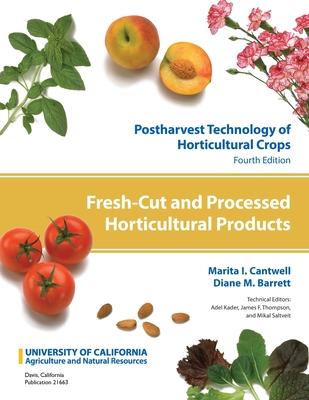Fresh-cut products are estimated to account for about 18 to 20 percent of the value of fresh fruit and vegetables marketed through retail and food service channels in the United States. From salad mixes to "baby" carrots, broccoli and cauliflower florets to slaw mixes, these products continue to grow in popularity with consumers.
For the consumer, fresh-cut fruit and vegetables offer several potential benefits. They can reduce meal preparation time, provide more uniform quality, and increase access to healthy produce. For the processor, successful fresh-cut products can actually be more cost-effective because of reduced waste for the end user.
Concerns about fresh-cut products include their variable shelf life, the need for temperature control, microbial food safety, and inconsistent
overall product quality, including flavor and nutrition. Whereas most food-processing techniques stabilize products and lengthen their storage and shelf life, fresh-cut processing increases the perishability of fruit and vegetables.
This volume addresses the physiology of fresh-cut fruits and vegetables, treatments for maintaining quality, optimal storage temperatures, and modified atmospheres. The chapter on processed products covers the principles of horticultural crop preservation, the importance of raw material quality, and common unit operations and technologies used for processing horticultural crops. The advantages and disadvantages of various technologies are addressed, followed by general information on packaging and quality control.
